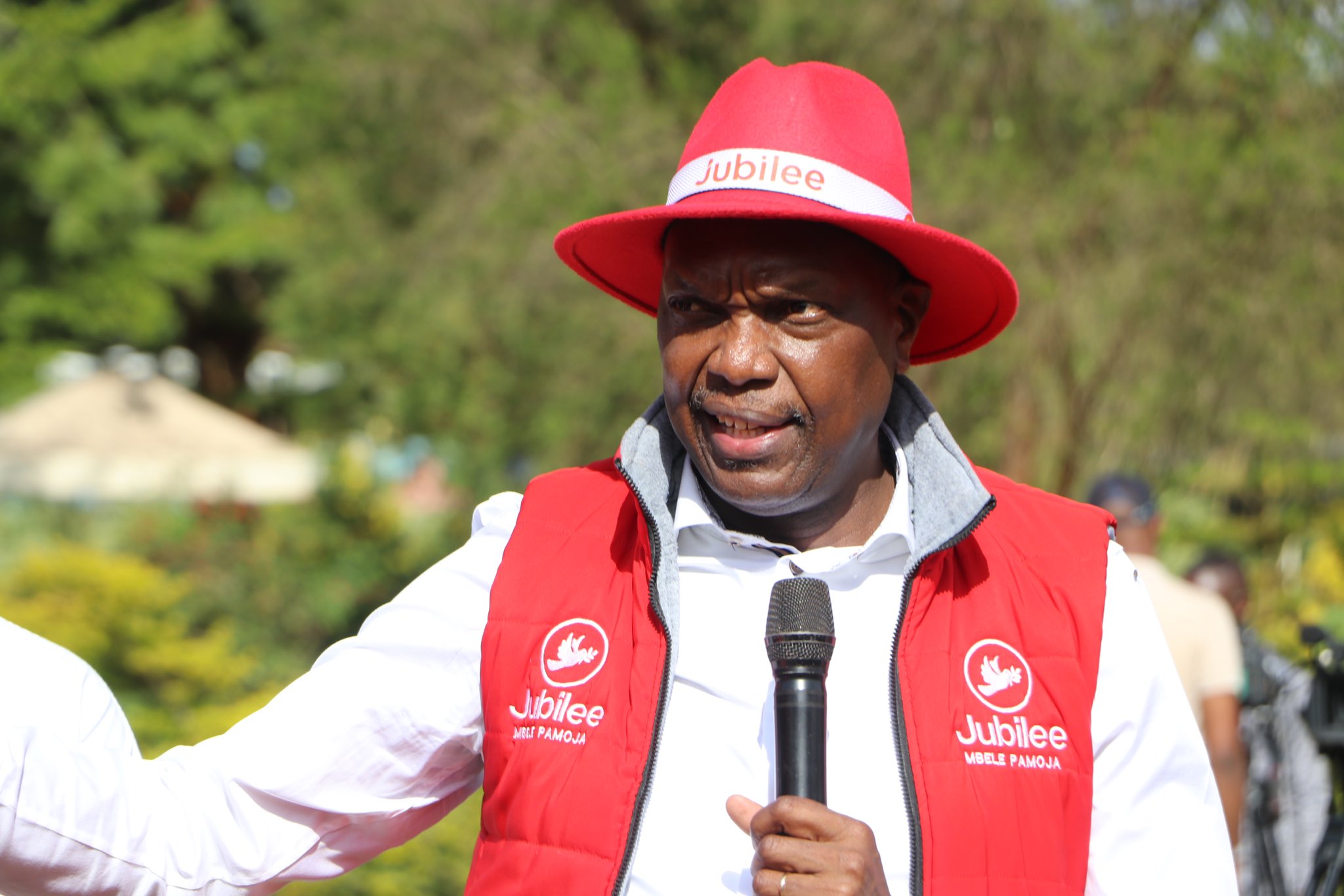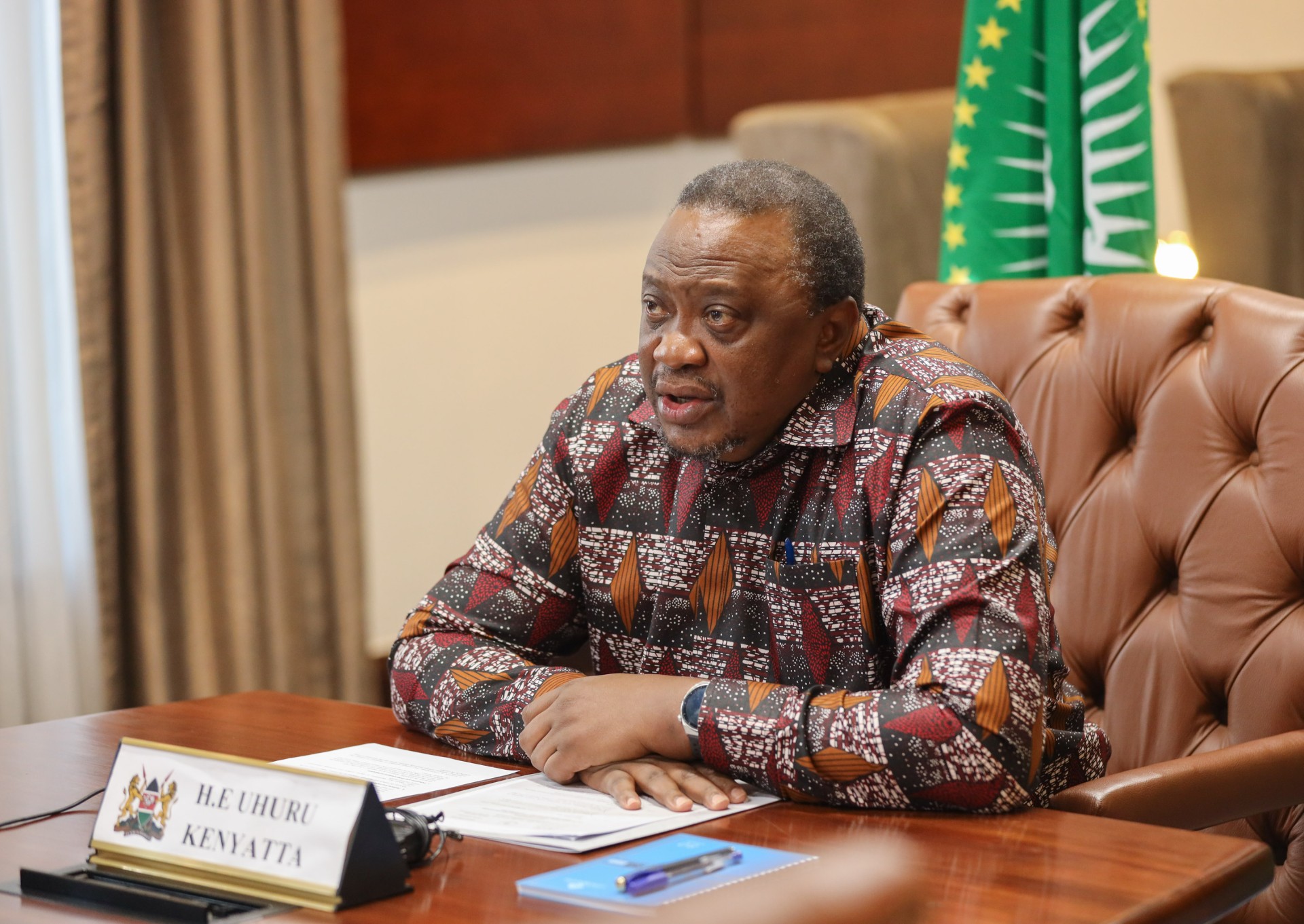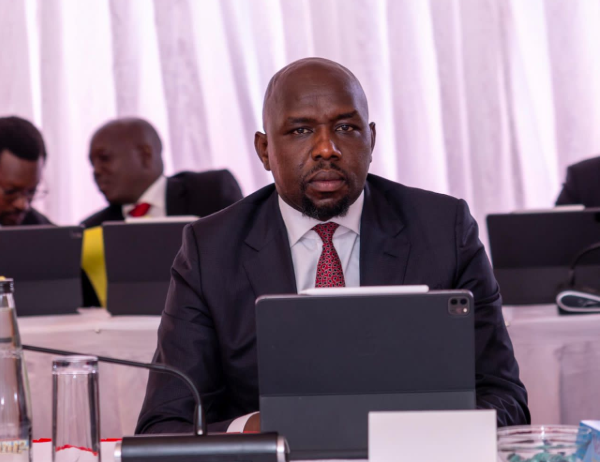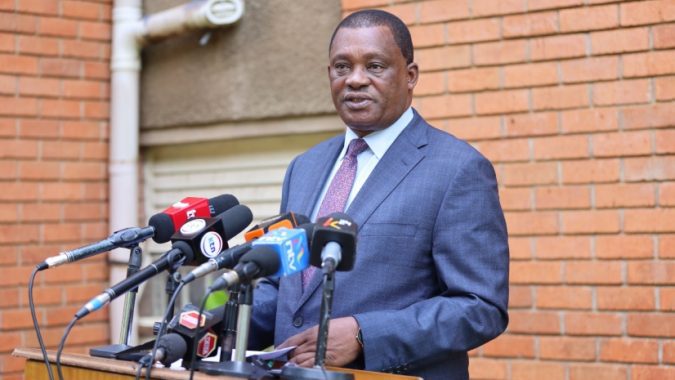Jubilee senators who snubbed Uhuru meeting set to be expelled from party

Five Jubilee nominated senators are at the risk of being expelled from the party for failure to attend a Parliamentary Group (PG) meeting held at State House, Nairobi on Monday.
The PG that was convened by President Uhuru Kenyatta, who is also the party leader, ratified the controversial removal of Elgeyo Marakwet Senator Kipchumba Murkomen and his Nakuru counterpart Susan Kihika as Majority Leader and Majority Whip respectively.
The legislators, all allies of Deputy President (DP) William Ruto, boycotted the State House meeting.
This latest development could pave way for a further purge of DP’s ardent supporters in Parliament who are seen as defiant to the President’s cause.
On Wednesday, May 13, the party wrote to them demanding they explain their absence at the crucial meeting as well as over accusation of defying and disrespecting the party and its leadership.
They include Senators Millicent Omanga, Mary Seneta Yiane, Falhada Dekow Iman, Naomi Jillo Waqo, and Alice Milgo.
Party boss Raphael Tuju on Wednesday said that the summoned senators will be prosecuted before the disciplinary committee with the aim of expelling them.
“They have to explain why they didn’t attend the PG. The object of the summons is to subject them to a disciplinary process that shall result in expulsion. Those with genuine reasons will be spared based on the outcome of the disciplinary process,” said Tuju.
He added: “They may also be fined or cleared. It is not just the PG, the senators are also accused of failing to follow other party instructions in the past on various documented matters.”
It is understood the issues include their opposition to the President’s March 9, 2018, handshake with opposition Chief Raila Odinga that resulted in the Building Bridges Initiative (BBI), Nairobi City County takeover by the National government and repossession of Ruto’s 1600 acres land in Ruai.
They are also accused of contradicting the party position on the impeachment of former Kiambu Governor Ferdinard Waititu and the eviction of squatters at Kariobangi.
However, Christine Zawadi, who also skipped the event, has been spared party’s wrath after she satisfactorily explained herself.
In a letter addressed to Senate Majority Whip Irungu Kang’ata, Zawadi said the reason for her non-attendance was because of transport and logistical barriers that have been erected by the government to contain COVID-19 pandemic.
“I confirm that I did not physically attend the Jubilee coalition Senate Parliamentary group meeting held on May 11, 2020, at State House, Nairobi,” the Senator wrote.
“However, I do hereby endorse the resolutions of the said PG meeting. For the avoidance of doubt, I affirm my support for the new Jubilee Party leadership in the Senate,” she added.
According to two letters, the rebel lawmakers are required to show cause in writing why party disciplinary action should not be taken against them.
Jubilee has accused rebels without any reasonable excuses, absenting themselves from the party Parliamentary Group meeting on May 10, 2020.
The letters said leaders’ actions and past utterances amounted to gross misconduct and disrespecting the party and its leadership.
“By the said misconduct, you have undermined the party in its leadership role,” the letter by the party national chairperson Nelson Dzuya reads in part.
“Take notice that unless the party, through the office of the secretary-general, receives your response within the stipulated time, you shall be deemed to have duly acknowledged the matters highlighted above and shall be liable to any of the penalties set out in article 13.4 (1) of the party constitution,” the letter copied to Tuju further states.
The politicians have been directed to channel their written response through the office of the newly elected Majority Whip Senator Irungu Kang’ata (Muranga).
“I have instructions from Jubilee Party to forward to you the annexed self-explanatory notices to show cause. Your response to the party should be channeled through this office,” Senator Kang’ata said in his demand letter to the five.
Contacted Senator Omanga termed the letter as fake, saying she had not seen it.
Further, she claimed that she was never invited to the State House meeting.
On her part, Mary Seneta declined to comment terming the matter “too hot to deserve her comment”
The Political Parties Act provides that a member may only be expelled from the party if the member has infringed the constitution of the party.
According to Section 14(7) of the Act, the said member must be afforded a fair hearing in accordance with the internal party disputes resolution mechanisms as prescribed in the constitution of the party.
Article 16 of the party constitution says all members of the Party shall conduct themselves with the highest standard of personal integrity and honour and shall not involve themselves in dishonorable conduct.
According to party vice-chairman David Murathe, the DP allies have been undermining the President, who is their party leader.
“The rebels have acted in breach of the party’s supreme document. Undermining the President, who is the Jubilee Party leader, constitutes an offense against the code of conduct,” he said in an interview.
It also states that failure to comply with the party’s code of conduct shall constitute a disciplinary offense that can lead to expulsion.
The decision of the disciplinary committee must be approved by the National Executive Committee.
The National Management Committee, which works on behalf of NEC and whose composition has been the subject of controversy after Tuju staffed it with new faces loyal to the President, makes the final decision.
Once expelled from the party and the Registrar of Political Parties confirms their delisting, the Independent Electoral and Boundaries Commission would be compelled to replace them.
“If a representative of a political list dies, withdraws from the party list, changes parties, resigns or is expelled from his or her party during the term of the representative, the seat of the representative shall be allocated to the next candidate of the same gender on the respective party list,” the Elections Act, 2012, says.












